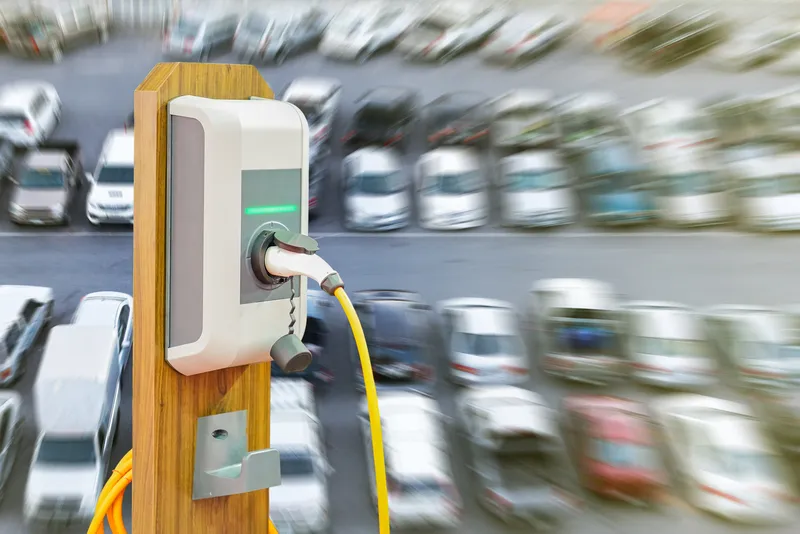BMW Group, Daimler, Ford Motor Company and Volkswagen Group with Audi and Porsche have signed a Memorandum of Understanding to create the highest-powered charging network in Europe. The goal is the quick build-up of a sizable number of stations in order to enable long-range travel for battery electric vehicle (VEV) drivers. They say it is an important step towards facilitating mass-market BEV adoption.
The projected ultra-fast high-powered charging network with power levels up to 350 kW will be signific
December 2, 2016
Read time: 2 mins
The projected ultra-fast high-powered charging network with power levels up to 350 kW will be significantly faster than the most powerful charging system deployed today. The build-up is planned to start in 2017. An initial target of about 400 sites in Europe is planned. By 2020 the customers should have access to thousands of high-powered charging points.
The network will be based on Combined Charging System (CCS) standard technology and expands the existing technical standard for AC- and DC charging of electric vehicles to the next level of capacity for DC fast charging with up to 350 kW. BEVs that are engineered to accept this full power of the charge stations can recharge brand-independently in a fraction of the time of today’s BEVs. The network is intended to serve all CCS equipped vehicles to facilitate the BEV adoption in Europe.







